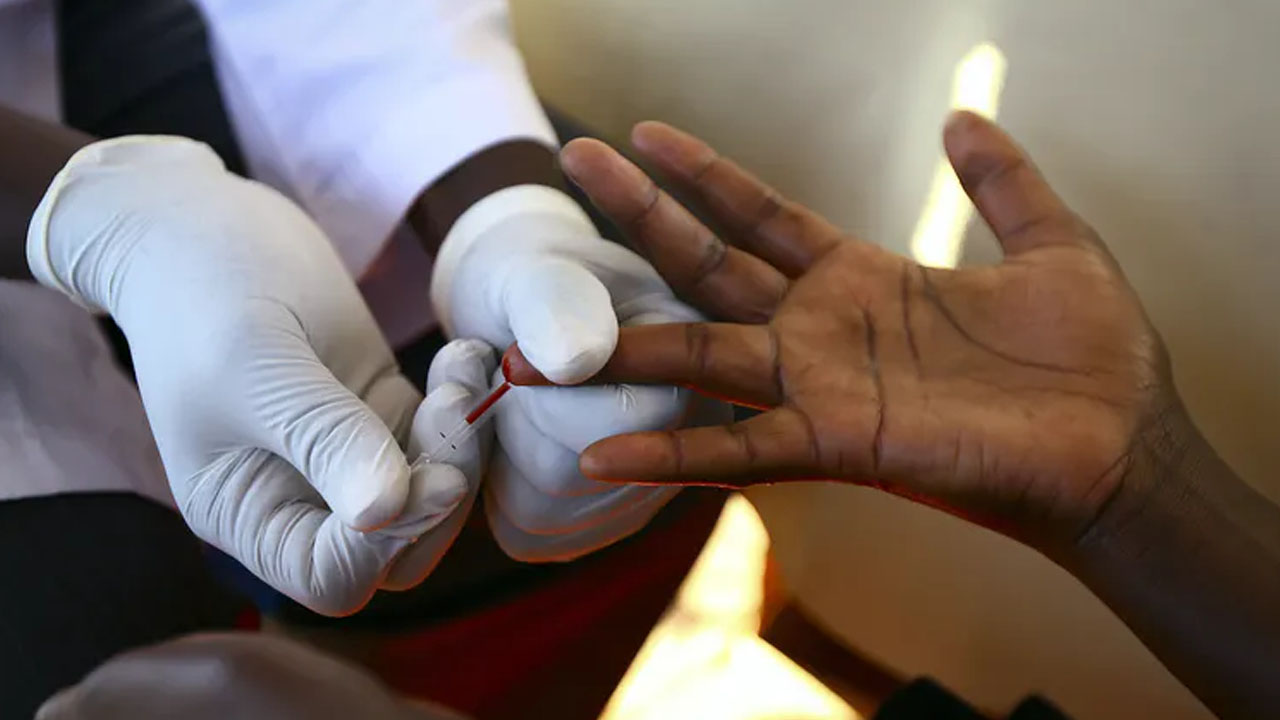In a significant step toward reforming maternal and perinatal health governance, researchers behind the Lagos Verbal and Social Autopsy – Sample Registration System (LVASA-SRS) project – have formally handed over the results of their groundbreaking study to the Lagos State government.
At the heart of the presentation was a draft bill aimed at embedding a permanent, data-driven surveillance and response system into the state’s health structure.
The draft bill presented at the event seeks to formally establish and sustain the surveillance system developed through LVASA-SRS. If passed, it will require mandatory reporting and investigation of maternal and perinatal deaths, standardise response procedures, and embed accountability across the healthcare system.
The handover, held in Lagos, marked the official transition of the project from research to policy action, and in addition to the proposed legislation, the team also submitted a policy brief titled Counting and Understanding Causes of Maternal and Perinatal Deaths in Lagos State. Both documents are designed to guide long-term strategies in tackling maternal deaths and stillbirths with precision.
Funded by the Gates Foundation, the LVASA-SRS project was developed in collaboration with the Lagos State Government, Lagos University Teaching Hospital (LUTH), Lagos State University Teaching Hospital (LASUTH), and the London School of Hygiene and Tropical Medicine.
Its central goal was to generate reliable estimates of maternal deaths and stillbirths across Lagos State and to uncover the medical, cultural, and systemic factors driving these avoidable losses.
According to LVASA-SRS findings, Lagos recorded 61 maternal deaths, yielding a maternal mortality ratio (MMR) of 872 per 100,000 live births, and 218 stillbirths with a stillbirth rate of 30.2 per 1,000 births during the time of the investigation.
The data, collected across all 20 local councils, also revealed wide geographic variation. Badagry and Alimosho each recorded eight maternal deaths, making them the highest-burdened areas. For stillbirths, Lagos Mainland stood out sharply with 90 cases, the highest single LGA count.
A spatial heat map presented during the event showed clusters of maternal deaths in locations like Agege, Ikorodu, Amuwo-Odofin, and Satellite Town, underscoring the need for more localised, community-level interventions.
Prior to the project, only about 10 per cent of deaths and virtually no stillbirths were officially registered, according to the National Population Commission.
To reverse this trend, the Lagos State Government initiated efforts in 2023 to build a more responsive system, starting with multi-stakeholder consultations, knowledge-sharing sessions with Kaduna State, and community validation meetings.
These engagements led to the development of Lagos’ own community-based Maternal and Perinatal Death Surveillance and Response (MPDSR) guidelines, finalised in February 2024 and piloted in Ikorodu and Ifako-Ijaiye LGAs. The pilot was led by the Lagos State Primary Health Care Board in collaboration with UNFPA and Project Aisha.
LVASA-SRS then expanded the initiative state-wide, surveying over 127,000 households, the largest effort of its kind in Lagos and among the most comprehensive in Africa.
The research involved 160 data collectors and 88 autopsy officers, trained in both verbal and social autopsy methods to uncover causes of death and systemic lapses.
During the handover, Principal Investigator of LVASA-SRS, Prof. Bosede Afolabi, emphasised that while Lagos is often regarded as having one of the most organised health systems in Nigeria, serious gaps persist.
These include limited access to fully functional health facilities, a shortage of human resources, and a troubling trend of healthcare workers migrating abroad for better opportunities.
She noted that although there are health centres in every local council, availability doesn’t always equal access, especially when infrastructure, equipment, or trained personnel are lacking.
Afolabi also stressed the importance of community education, valuing women’s health, and ensuring that maternal care is truly free, not just partially subsidised.
She called attention to the importance of family planning education, noting that unplanned pregnancies further strain the system and increase the risk of maternal death. “It’s not the woman alone, men must also be educated on shared responsibility,” she added.
Meanwhile, the accompanying policy brief provides clear recommendations to guide implementation, sustainability, and integration of the surveillance framework into state health planning.






